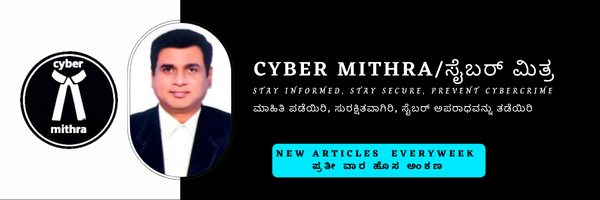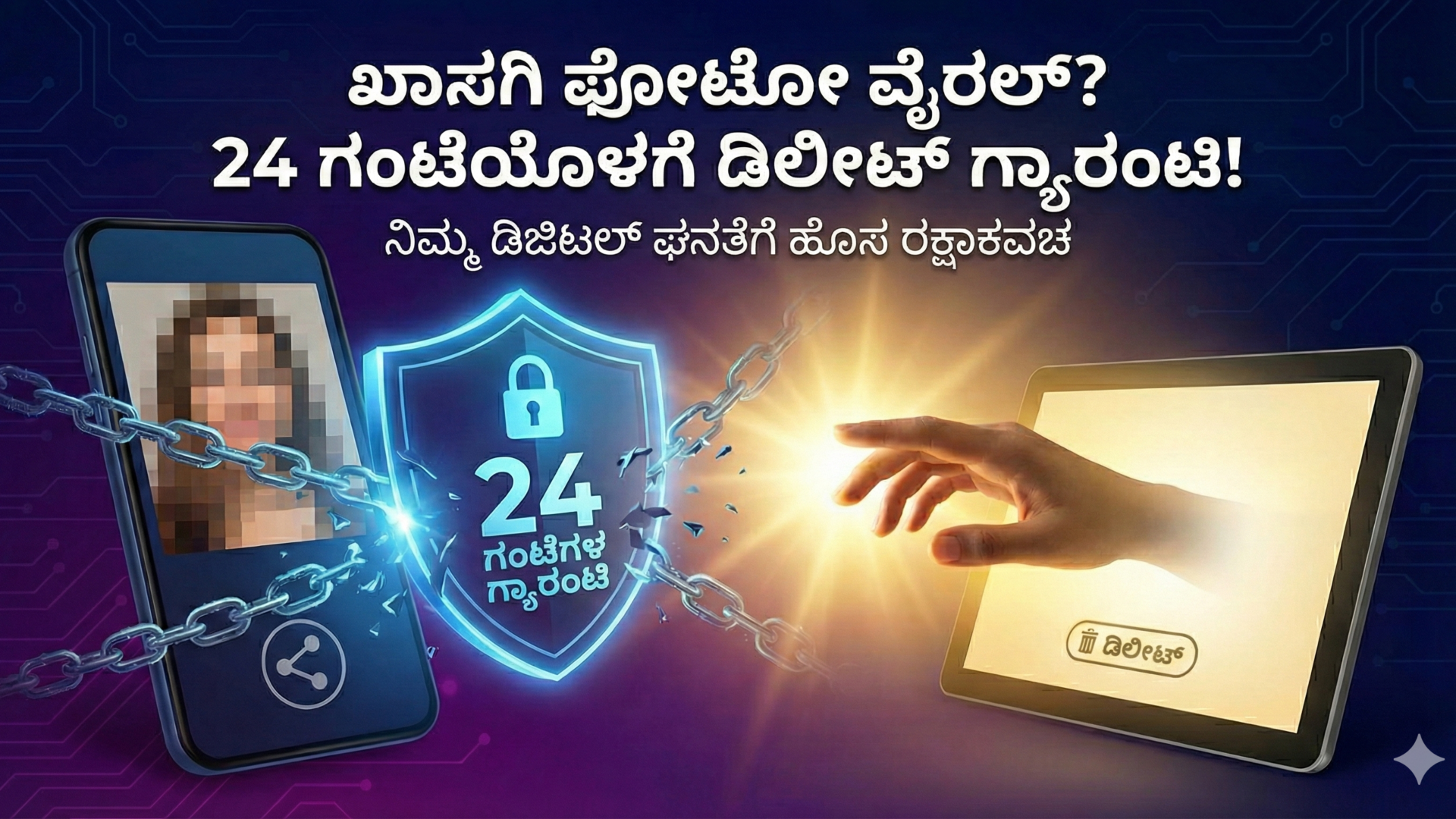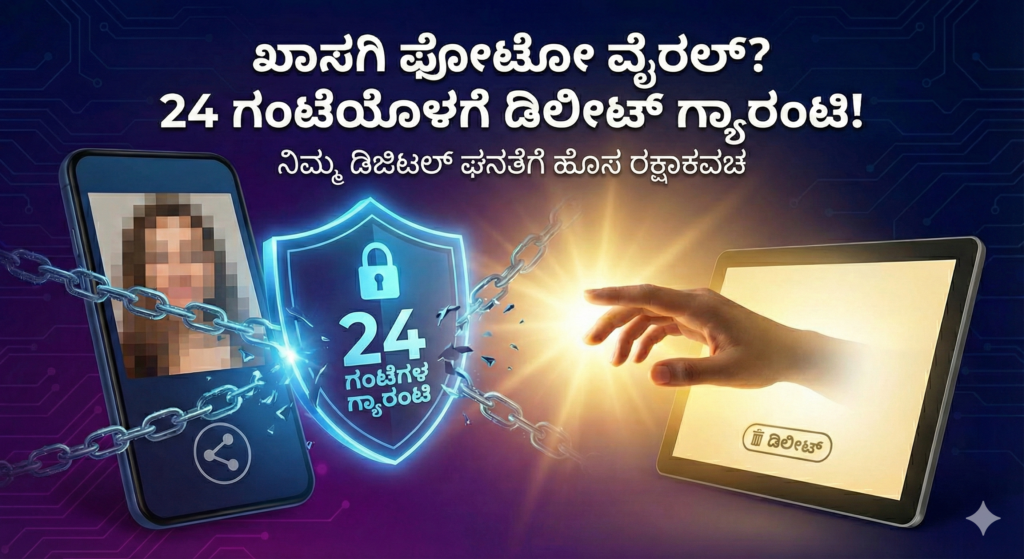Private Photos Viral ? Government’s “24 Hour” Deletion Guarantee SOP
Remember the incident that shook the internet a few months ago? A “Deepfake” video of famous actress Rashmika Mandanna went viral, where her face was seamlessly morphed onto another woman’s body. It looked so authentic that it even shocked Amitabh Bachchan, who immediately demanded strict legal action.
Scary truth : this isn’t just a celebrity story. Today, technology has fallen into the wrong hands. A simple photo of your daughter, sister, wife, or even yourself can be taken and stripped or attached to an obscene video within minutes. We can’t just call this a “fake video.” It is “Digital Rape”—a heinous crime that publicly auctions a woman’s dignity and confidence.
Then there is the plague known as “Revenge Porn.” This happens when a partner feels scorned or a husband goes through a divorce and, out of vengeance, leaks private photos or videos shared during happier times. Who can forget the horrific incident at the Chandigarh University hostel?
The Nightmare for Victims when someone falls into this “Digital Hell,” the trauma is unimaginable. There is shock, shame, and fear. Victims wonder how they can face their families or society. They don’t know who to ask for help—will the police listen? Will Facebook or Instagram even care if they complain? Usually, by the time images are deleted, the damage is done, affecting their social life and future.
The Government’s 24-Hour Shield :
Recognizing this helplessness, the central government has finally offered a strong, time-bound solution. On November 15, the Ministry of Electronics and Information Technology (MeitY) released a comprehensive Standard Operating Procedure (SOP).
Here is the game-changer : It is now mandatory for online platforms to remove non-consensual private images within 24 hours of receiving a complaint. This initiative was born from a directive by the Madras High Court in July 2025 to stop the spread of such images. In that case ‘X vs Union of India’ (Writ Petition No. 25017/2025) presided over by Justice N. Anand Venkatesh. The court clearly stated that the circulation of non-consensual intimate images violates the right to privacy and dignity under Article 21 of the Indian Constitution. It directed MeitY to create a mechanism to handle such cases — that very judicial directive has become the foundation of this SOP. The protocol is fully aligned with the Information Technology (Intermediary Guidelines and Digital Media Ethics Code) Rules, 2021.
The Power of the New Rule : If any company (like Google, Facebook, etc.) violates this 24-hour deadline, they will lose the legal protection they currently enjoy as “intermediaries” in India. This is a massive weapon placed in the hands of victims.
If you, or someone on your behalf, reports that your private images are online, the platform (be it X, Instagram, YouTube, or WhatsApp) must delete or disable that content within 24 hours. In the past, these companies would take weeks to respond, often making excuses about being “American companies with different rules.” That ends now.
Where and How to Complain?
If you are a victim of such a cybercrime, you have multiple avenues to report it:
- Call the Cyber Helpline at 1930.
- Visit the cybercrime portal at www.cybercrime.gov.in.
- Go to your nearest police station or women’s help center.
- Report it directly on the website where the image was posted.
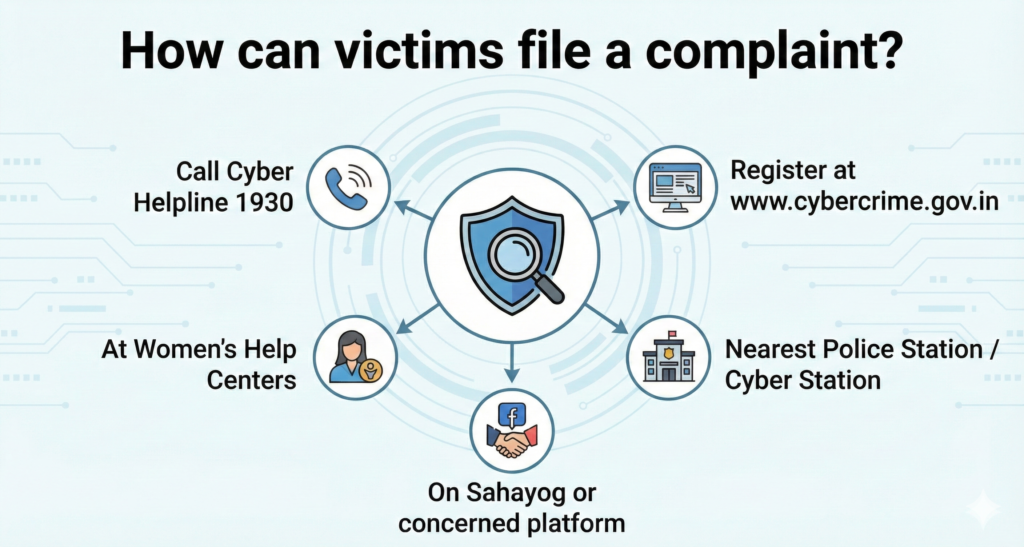
Stopping the Re-upload Cycle : To ensure the video doesn’t just pop up again on a different link, the government is using “Hash-Matching” technology. The Indian Cyber Crime Coordination Center (I4C) creates a digital fingerprint (Hash Bank) of the reported video. If anyone tries to upload it again using a new link, the system recognizes the fingerprint and blocks it immediately. Search engines like Google are also required to remove these objectionable results from their searches.
What if the Platforms Don’t Listen ?
If the platform’s grievance officer doesn’t respond or you are unhappy with their solution, you can appeal to the Grievance Appellate Committee at www.gac.gov.in. If you still don’t get justice, you can file a case in an Indian court under the Bharatiya Nyaya Sanhita (Section 77 – Voyeurism) and the IT Act (Section 66E – Violation of Privacy).
What Does This SOP Cover ?
This safety net covers a wide range of violations:
- Private photos leaked by ex-partners.
- Morphed images circulating on social media.
- Hidden camera or CCTV footage captured secretly.
- Revenge porn on adult websites.
- Deepfake sexual images.
- Leaked photos from cloud storage.
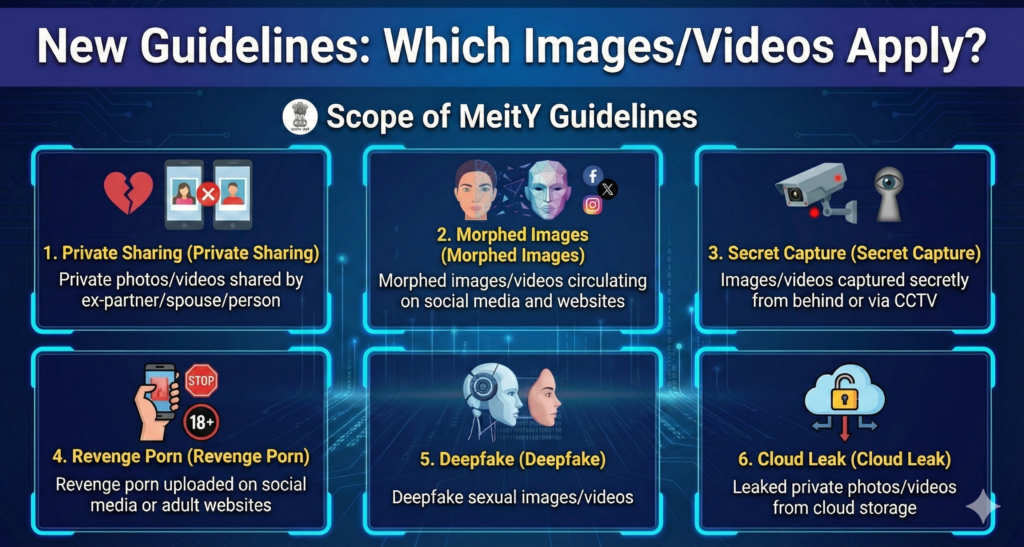
Final Word :
This new SOP is a beacon of hope for countless victims, especially women, facing sextortion and abuse. Do not stay silent out of fear of “what people will say.” Your silence is the criminal’s biggest weapon.
If someone threatens you with private images, or if they are already published, do not delay—complain immediately. This “24-Hour Shield” is now with you. Use it to protect your dignity. Spread this message to everyone around you, especially young women. Awareness is your best defense.
